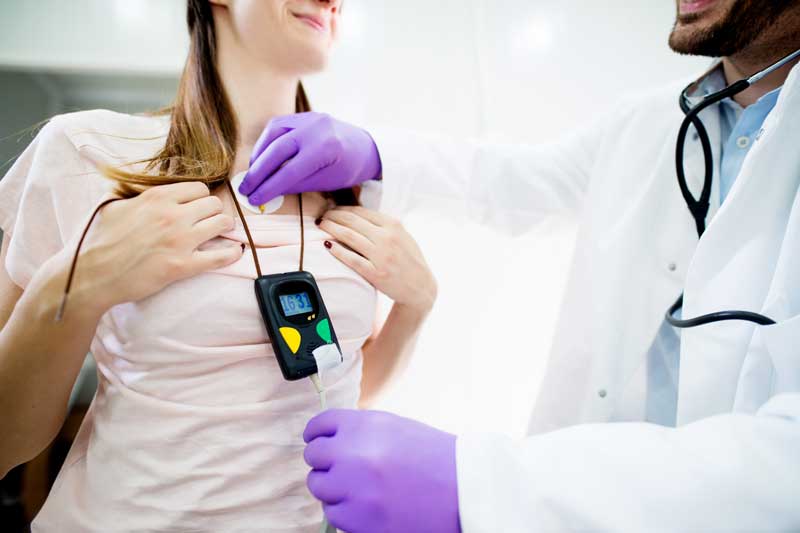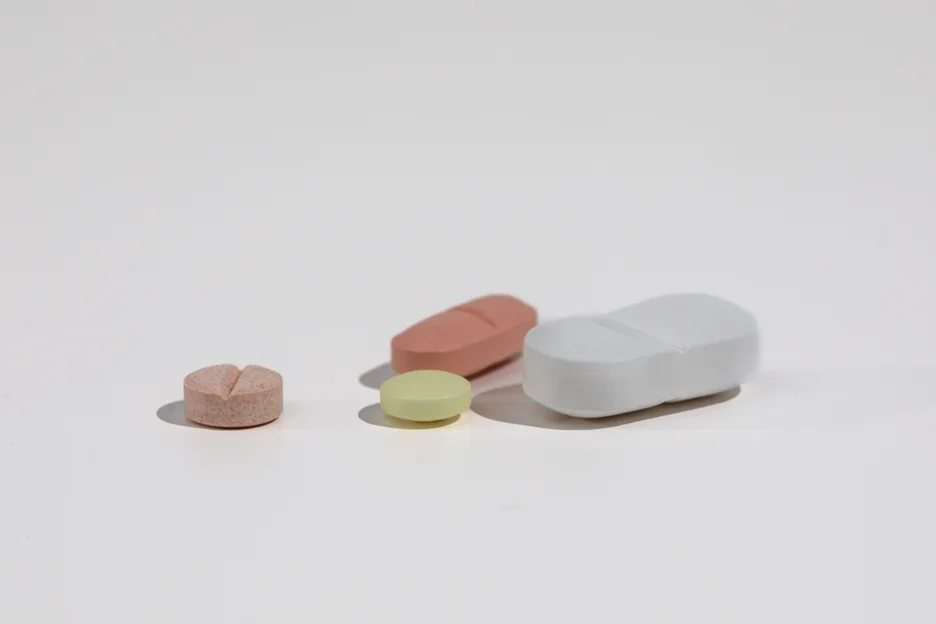Cardiac Event Recorder Service: Aiding Better Decision for Diagnosis
 Posted On
Posted On
A cardiac ECG monitoring service, referred to in some circles as ambulatory ECG monitoring, has been one of the first lines of diagnosis against arrhythmias. This technology is easing the work on the physician’s shoulders while providing a breadth of data like never before. So how does a remote heart monitoring service improve diagnostic decision-making? Let’s find out.
Table of Contents
Amplifying Signal Clarity To Augment ECG Trace Quality
Poor signal clarity can interfere with the ECG, and make the technician’s work all the more difficult. In some cases, this interference can even taint results and lead to diagnostic errors or inconclusive tests that the patient might need to retake, thus inflicting further inconveniences on both parties.
In particular, these interferences can make reading the ST segment or T wave a nightmare, and even increase the possibility of a baseline wander that further muddies the water.
Some of the common sources of interference include:
- Improper ECG lead placement
- Adjacent equipment sharing the same circuit
- Poor earthing
- Subject’s muscle activity, etc.
While some of these shortcomings also require expertise and attentiveness from the ECG technician’s part, a cardiac event recorder service such as the one that Cardiac Rhythm provides can certainly make ECG scoring a lot easier.
It can do so by tracing heart activity with amplified signal clarity, thus laying the foundation for an accurate clinical report for diagnostic purposes, hence inevitably leading to more positive health outcomes
Seizing Heart Activity In Near Real-Time
Sometimes, heart arrhythmias can occur intermittently i.e so few and far between. Traditional solutions like holter monitors that lack the ability to transmit cardiac data in real-time can result in missed arrhythmias.
With the right cardiac ECG monitoring service, however, physicians can expand the monitoring window with an always-on technology that doesn’t skip a beat.
For instance, Cardiac Rhythm provides cardiac event recorder service that affords near real-time monitoring with mobile access to the data. This is powered by a cloud platform that’s managed to ensure high availability.
With constant uptime, alongside capabilities to track metrics such as syncope, average heart rate, and QRS morphology, the service can help technicians uncover a range of conditions with improved accuracy and turnaround time, namely:
- Bradycardia
- Tachycardia
- Atrial Fibrillation
- Long QT syndrome
- Atrial Flutter and more
Convenient Technology For Patient Compliance
Patient compliance becomes a huge factor, more so in the case where extended monitoring of up to 2 weeks may be required. When the design of the cardiac event recorder is bulky and irritating, patients are likely to take them off at some point, even against their doctor’s caution, and thus disrupt the continuity of monitoring. And when that happens, physicians don’t get the full picture of the patient’s condition.
To better encourage patient compliance in the diagnostic process, companies like Cardiac Rhythm are providing more compact and convenient cardiac event recorder service devices.
These devices entail a lightweight wearable patch, built to handle extended patient use with maximum comfort. Wearers can go about their day without even noticing the attached device. As a result, the patient is more likely to comply with the monitoring for the entire duration, helping unearth more holistic diagnostic data.
Additionally, uptime is further improved thanks to a long-life rechargeable lithium-ion battery that powers said devices.
Personalized Tracking Tools And Workflow Features
Cardiac Rhythm’s cardiac event recorder service further affords more convenient capabilities via a user-friendly physician portal, the most notable of which include:
- Custom patient report summaries
- Personalized patient record tools
- Configurable periodic automatic data capture
- Specific settings to match institution policies
- Workflow tracking tools and much more
All these capabilities can automate iterative tasks that normally cloud diagnostic processes, with the configurable periodic automatic data capture, in particular, making this task lighter.

Physicians can further get access to Cardiac Rhythm’s cloud-based care management system, which features an AI-driven arrhythmia classification engine. This technology can provide arrhythmia categorization aid, helping technicians to make better decisions for diagnosis with less effort and strain.
Experienced Support From CCI-CCT Certified Technicians
By outsourcing to Cardiac Rhythm’s remote heart monitoring service, care facilities can also add an extra layer of experience and expertise to their workflow. American CCI-CCT qualified senior technicians are available round the clock via a toll-free line to offer diagnostic assistance as and when required.
Physicians can tap into this extra support to better comprehend activity level data and other clinical insights that they may be having a hard time deciphering. This can reinforce the diagnostic process, further decreasing the possibility of diagnostic discrepancies.
All without having to restructure the workflow to add specialist personnel on a permanent basis.
Conclusion
A remote heart rate monitoring service is key to elevating diagnostic accuracy. It can ensure constant access to data in near real-time, with technological incorporations strategically made to reinforce human expertise. Step into the future of better and more devolved cardiac care analysis with Cardiac Rhythm today. Visit their website to learn more.
















